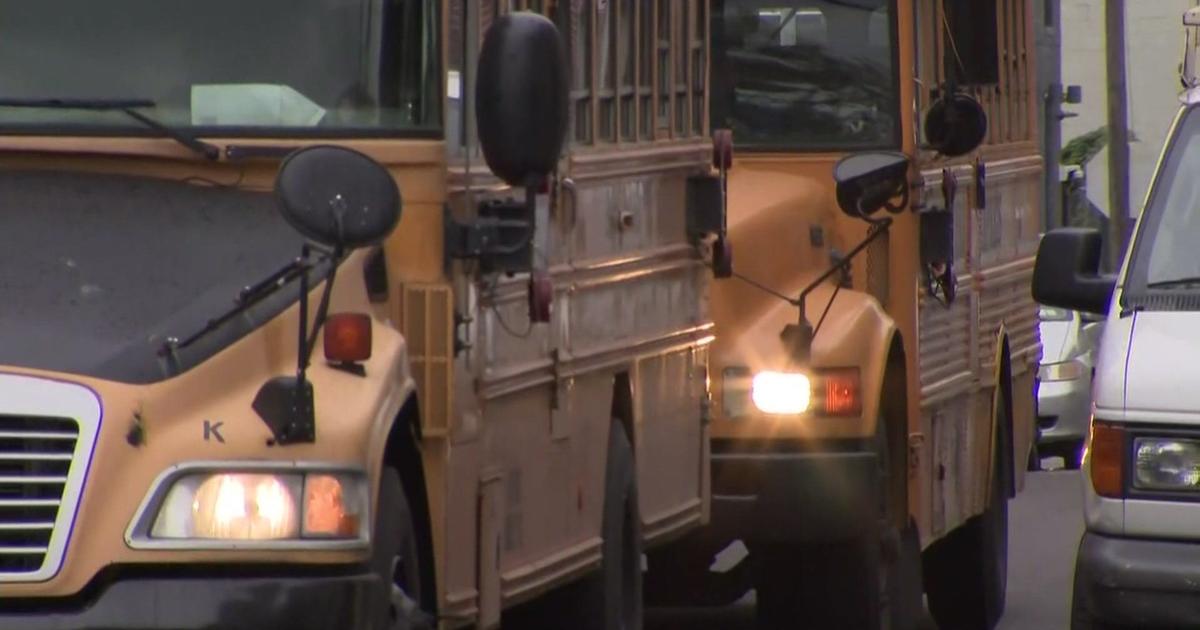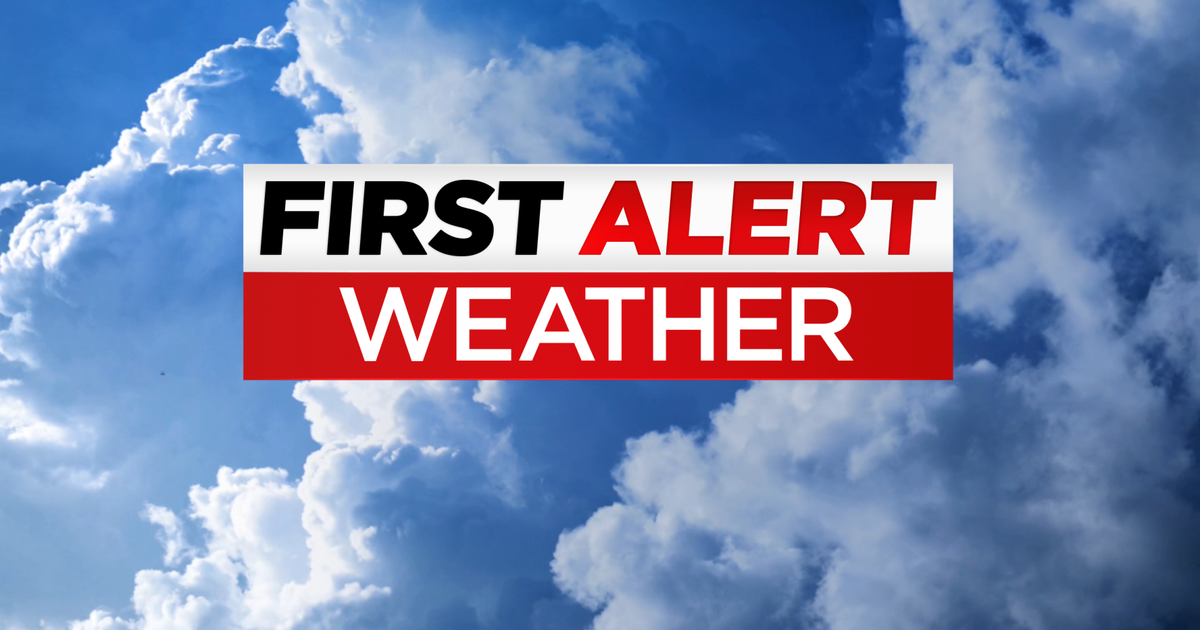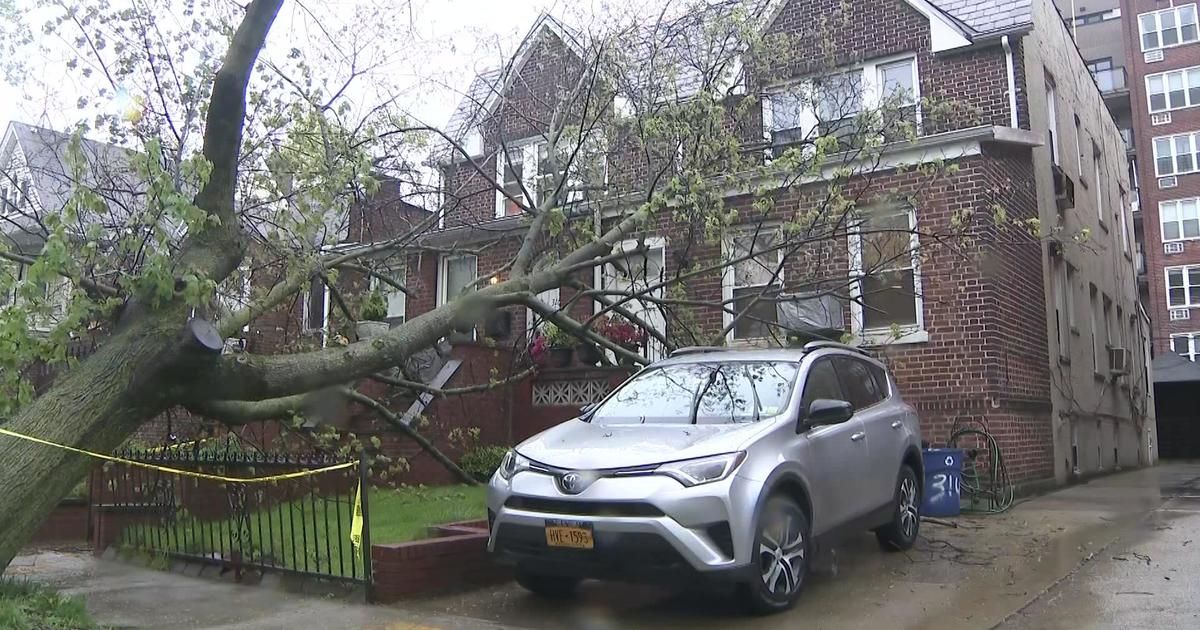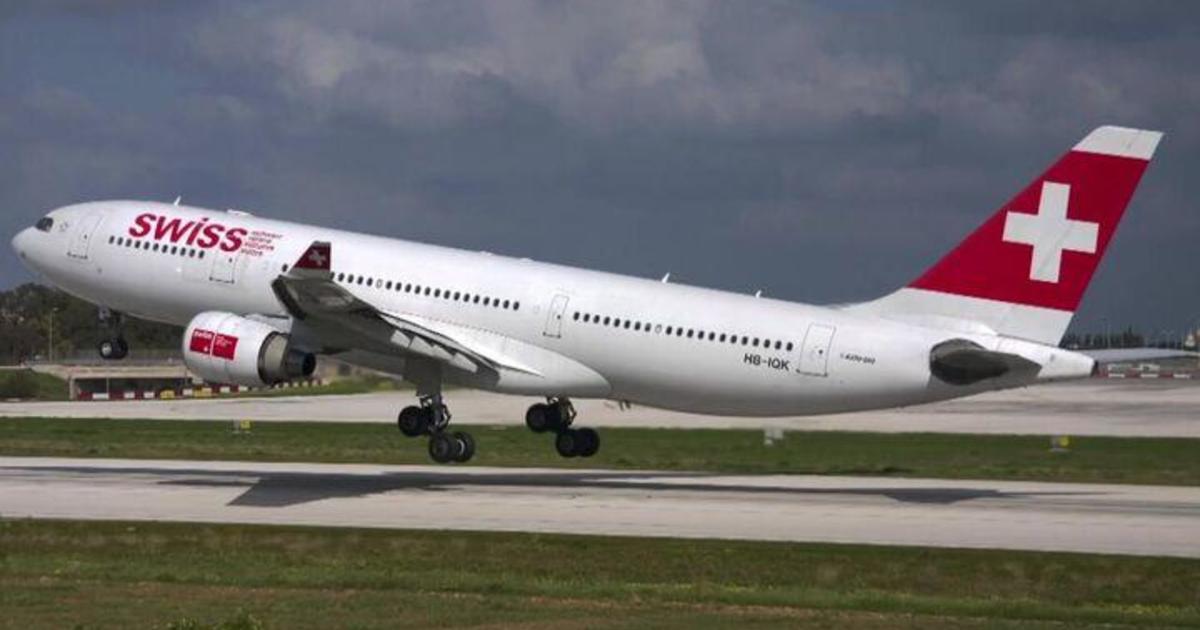Think Tank Proposes End To 24-Hour Subway Service To Speed Repairs
NEW YORK (CBSNewYork/AP) -- An urban planning think tank has released long-term recommendations on how to revamp the Tri-State area's public transportation system, including a plan to improve city subways by ending 24-hour service to speed up repairs.
In order to keep the Tri State's $1.8 trillion economic engine humming, the city subway system has to be overhauled over 15 years and in order to do that, the Regional Plan Association recommends shutting down overnight Monday through Thursday.
The group's president, Tom Wright, says the "era of 24-hour subway service is over'' and that ride-hailing companies and expanded bus service could fill in during weeknights when ridership is light.
"We think that the city subway system needs shock therapy, we are talking about a major overhaul," Wright told WCBS 880's Sean Adams.
The association's fourth regional plan says that ending overnight weekday subway service between 12:30 a.m. and 5 a.m. would help fast track repairs in the aging transportation system.
"There's a four and a half hour window in the middle of the night, it's about 23 percent of the day when only 1.5 percent of the people use the system," Wright said.
The proposal would cut service for about 85,000 New Yorkers who rely on overnight subway service. Overnight workers who rely on the MTA weren't too keen on the idea.
Mayor Bill de Blasio calls it a bad idea.
"I'm a New Yorker; 24-hour subway service is part of our birthright. You can't take that. This is not Washington, D.C. -- with all due respect to Washington, D.C. -- you cannot shut down the subway at night. This is a 24-hour city," de Blasio said.
The mayor admitted he hadn't read through the proposal, but said shutting down separate lines at a time, which is what the MTA is doing now, is a more sensible option.
Many riders also weren't on board with the plan.
"It's going to affect me, being visually impaired, and it's going to be a challenge to me," rider Giovanna Carter told CBS2's Magdalena Doris.
"I have no way of getting home then if they cut service," commuter Keith Edward said.
"It's horrible, it wouldn't make sense, it wouldn't work," another rider told 1010 WINS' John Montone.
The independent think tank also wants to expand lines to undeserved areas, increasing the number of tracks and subway stations in the Bronx, Brooklyn and Lower Manhattan.
"We need a comprehensive approach to reducing the cost of construction to make renovations reasonable," said RPA Chair Rohit Aggarwala. "We think we need a new entity to do that."
It's all part of a 25-year road map for the future that looks at housing, climate change and regional transportation.
"What we're talking about is trying to radically overhaul and modernize the subway system," Wright said.
RPA wants to create a new agency to take subway modernization and expansion away from the MTA in order to create something totally new, 1010 WINS' Roger Stern reported.
"The stations would all be accessible to people with disabilities -- old and young, many of them should have the platform doors to prevent people from falling onto the tracks," Wright said.
The mayor dismissed the idea of a new state agency to fix subways saying, "Be afraid, be very afraid."
"Sometimes a new agency helps but often it doesn't," de Blasio said. "I think the better question is, how do we fix what we've got with the tools we have right now?"
The proposal also suggests the Long Island Rail Road, Metro-North and NJ TRANSIT trains travel from state to state instead of ending at either Grand Central Terminal or Penn Station.
"What we are really talking about in many ways is first building the Gateway Tunnel, the new tunnel under the Hudson River, that's absolutely critical," Wright said.
The lease for Madison Square Garden is up in 2023 and the RPA thinks the concert and sports venue should relocate to expand Penn Station.
The plan also echoes a recommendation made last summer to build a new bus terminal in the basement of the Jacob K. Javits Convention Center instead of building a new terminal near the current one at 42nd Street and Eighth Avenue as is currently under consideration.
To pay for it all, the plan recommends congestion pricing for cars entering the city and adding tolls on area highways to pay for infrastructure projects as well as charging drivers by the number of miles they drive and higher gas taxes.
Another part of the report includes a proposal to turn a wide swath of New Jersey's Meadowlands into a national park to help combat sea level rise.
An extensive park system would help maintain the area's wildlife and ecosystem as well as protect the area from sea level rise, according to the plan.
The association doesn't have a direct input into policy decisions, but its recommendations often are forward-thinking. For example, a 1996 plan included recommendations for east side access for the LIRR to Grand Central, a new rail tunnel under the Hudson River and congestion pricing for cars entering the city, ideas that "no politician supported" at the time but that since have entered the mainstream, Wright said this week.
(© Copyright 2017 CBS Broadcasting Inc. All Rights Reserved. The Associated Press contributed to this report.)



